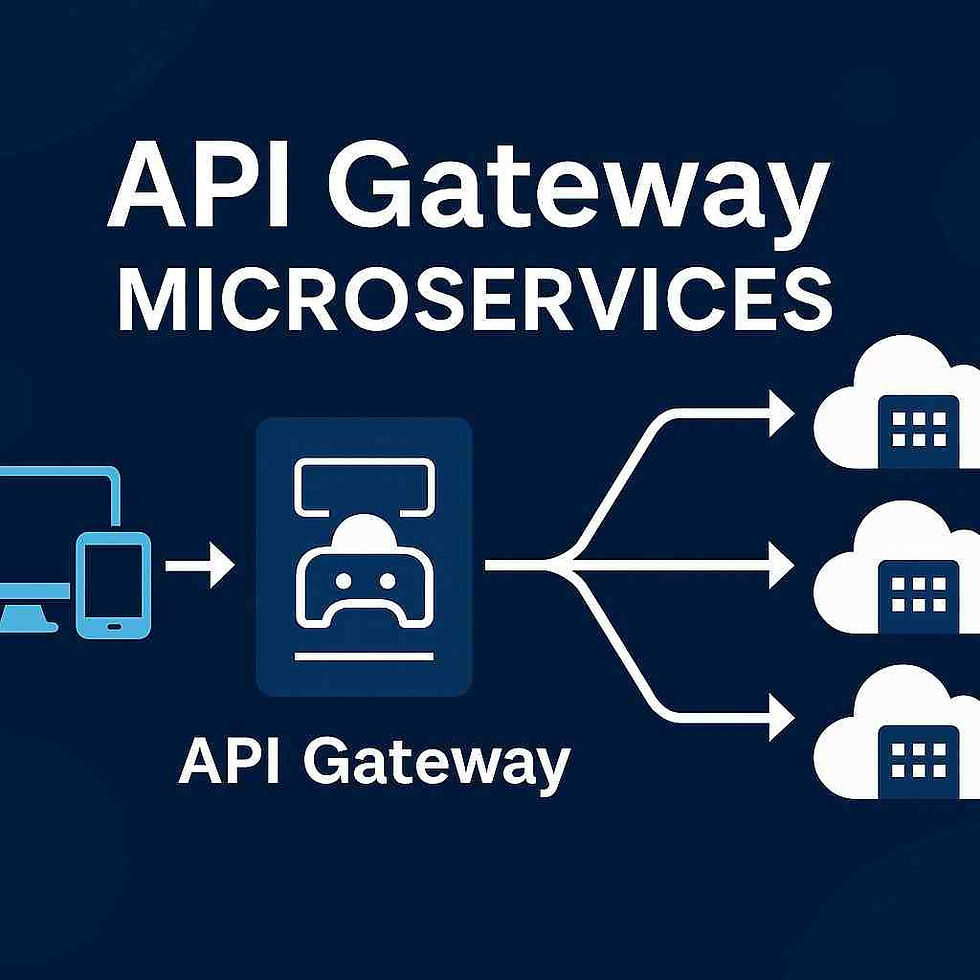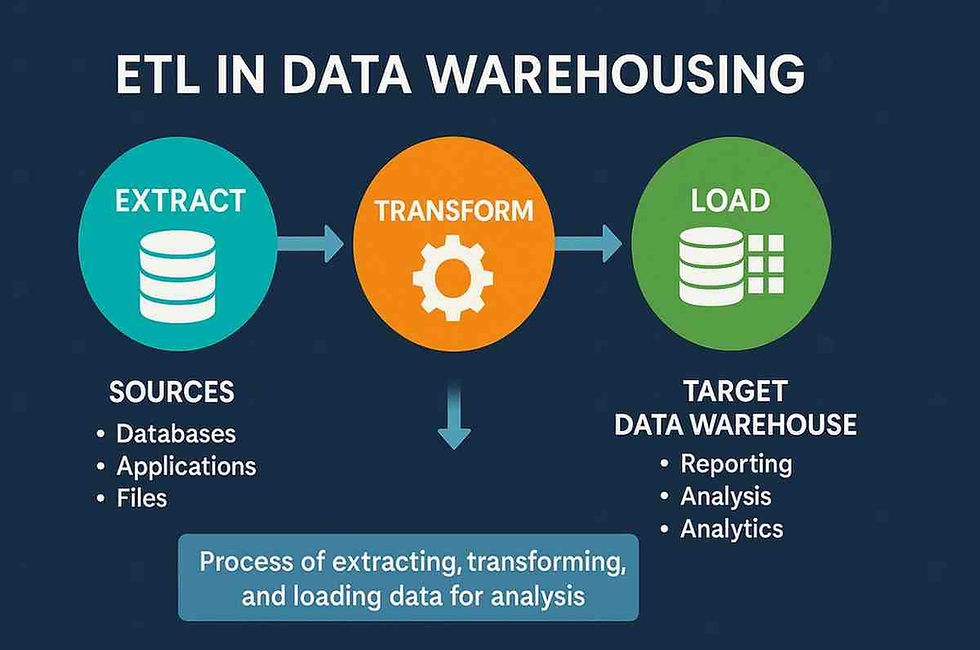VPN for API Testing: Secure Your Tests & Protect Data
- Aravinth Aravinth
- Feb 11, 2025
- 4 min read
Updated: May 9, 2025
Introduction to VPN for API Testing
Why API Testing Needs Strong Security Measures
APIs (Application Programming Interfaces) are at the core of modern software, enabling seamless communication between applications and services. However, API security risks, such as man-in-the-middle attacks, data leaks, and unauthorized access, make it critical to protect API test environments.
One overlooked aspect of API security is how API testing environments handle sensitive data. Many API requests travel over unprotected networks, leaving them vulnerable to data interception.

How VPNs Strengthen API Testing Security
A Virtual Private Network (VPN) enhances API security by encrypting API requests and responses, ensuring that test traffic remains private.
🔹 Protects API keys, tokens, and authentication data from being exposed.
🔹 Prevents man-in-the-middle attacks when testing APIs remotely.
🔹 Enables geo-restricted API testing by simulating traffic from different locations
🔹 Ensures secure API access in cloud and remote testing environments
In this guide, we’ll cover:
✅ How VPNs enhance API security
✅ The best VPNs for API testing
✅ How to set up a VPN for API testing
✅ Advanced VPN-based API testing strategies for enterprises
The Role of VPNs in API Security
Why API Testing Needs a VPN
Most API security discussions focus on securing live APIs, but few talk about the risks during testing. API test environments often:
🔴 Lack encryption, making API requests vulnerable to eavesdropping
🔴 Use public networks, exposing sensitive authentication data
🔴 Fail to simulate geo-restricted API behavior, limiting test accuracy
Common API Security Threats Without a VPN
Unencrypted API requests – Attackers can intercept API calls, stealing tokens and authentication data.
Public network vulnerabilities – APIs tested on shared networks (e.g., Wi-Fi) can be accessed by unauthorized users.
Data leaks from unsecured endpoints – Sensitive information can be logged or exposed without encryption.
How VPNs Secure API Testing
✅ Encrypts API requests – Prevents unauthorized access to test data.
✅ Secures API authentication tokens – Protects login credentials and API keys from cyber threats.
✅ Prevents network-based attacks – Reduces the risk of API hijacking during testing.
Choosing the Right VPN for API Testing
Not all VPNs are suitable for enterprise API testing. Here’s what to look for:
Key Factors for Selecting a VPN
🔹 Encryption Strength – Choose AES-256-bit encryption for maximum security.
🔹 Speed & Latency – Low-latency VPNs prevent API request delays.
🔹 Compatibility – The VPN should support REST, SOAP, and GraphQL APIs.
🔹 Logging Policies – A zero-log VPN ensures API request privacy.
🔹 Multi-Device Support – Essential for testing APIs across mobile, cloud, and on-prem environments.
Top VPNs for Secure API Testing
✅ OpenVPN – Open-source, highly configurable for enterprise API testing.
✅ WireGuard – Fast and secure, ideal for DevOps workflows.
✅ Cloudflare WARP – Designed for API security and encrypted testing.
✅ NordLayer – Enterprise-grade VPN with team-based access control.
How to Set Up a VPN for API Testing – Step-by-Step Guide
Step 1: Choose and Install a VPN Service
Select a VPN provider based on security and testing needs.
Install it on the testing server, local machine, or cloud environment.
Step 2: Configure VPN for API Traffic Routing
Set up split tunneling to route only API requests through the VPN.
Define API testing endpoints in the VPN settings.
Step 3: Connect to the VPN and Verify Encryption
Establish a VPN connection and verify IP masking.
Use Wireshark to confirm API request encryption.
Step 4: Perform API Tests Over the VPN
Execute automated API regression tests using Devzery’s AI-powered suite.
Log VPN-based API responses to detect latency or security issues.
Step 5: Monitor and Optimize Performance
Use VPN analytics dashboards to monitor API test performance.
Adjust VPN settings to reduce latency in real-time API testing.
Testing Geo-Restricted APIs with a VPN
Why Test APIs Across Different Locations?
Some APIs restrict access to specific countries. VPNs allow API testers to:
Simulate different user locations
Test API responses based on regional regulations
Verify currency conversions, localization, and content restrictions
Best Practices for Geo-Restricted API Testing
✔ Use VPNs with multiple global server locations.
✔ Automate location-based API test cases.
✔ Compare API responses across different VPN endpoints.
Ensuring API Security Compliance with VPNs
Regulatory Requirements for Secure API Testing
✅ GDPR & CCPA – Encrypt user data in API testing.
✅ HIPAA – Ensure healthcare API security via VPN encryption.
✅ ISO 27001 – Maintain best security practices for API testing.
How Devzery Ensures Compliance
🚀 AI-driven security validation for detecting unsecured API endpoints.
🚀 Automated compliance testing for enterprise APIs.
Future of API Security: AI & VPN Integration
🚀 AI-powered security tools will detect API vulnerabilities in real-time.
🚀 AI & VPN-based automation will create self-healing security frameworks.🚀 Devzery is pioneering AI-driven API security with automated VPN validation.
FAQs on VPN for API Testing
1. Why is a VPN necessary for API testing?
🔹 A VPN encrypts API requests and prevents data leaks.
2. What’s the best VPN for API testing?
3. Can a VPN be used for automated API testing?
🔹 Yes! Devzery’s AI-powered API testing platform supports VPN integration.




I’ve been diving into API testing lately and realized how important it is to run tests through a secure connection — especially when working with sensitive data. That’s where a VPN really comes in handy. If you’re still wondering what a VPN ( What is a VPN and Why You Need One in 2025 ) is and why it matters in 2025, check out NetSentra . The site has solid reviews, VPN comparisons, and practical tips on using VPNs not just for privacy, but also for things like safe API testing and protecting your development environment. Really useful stuff if you're into tech and security.